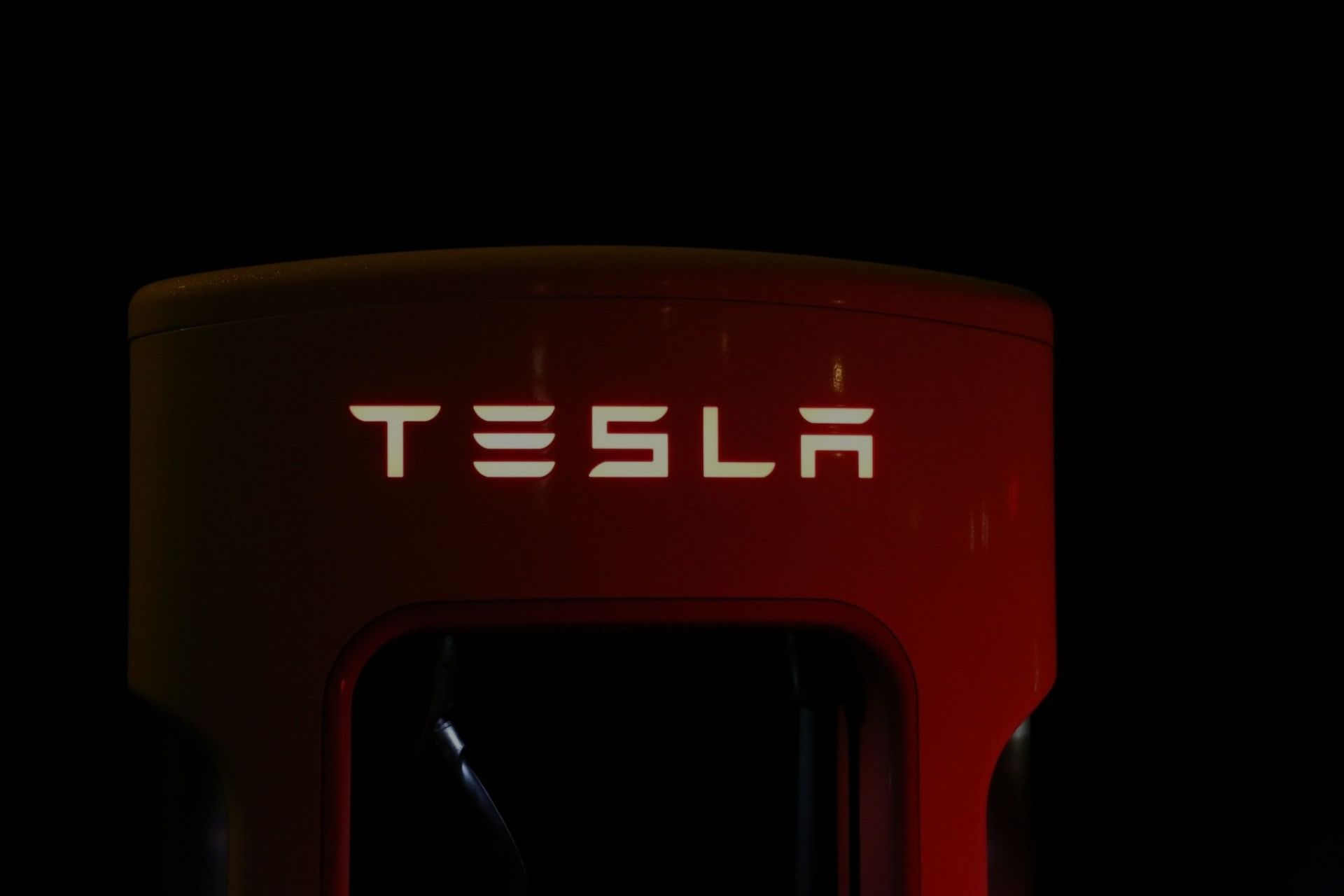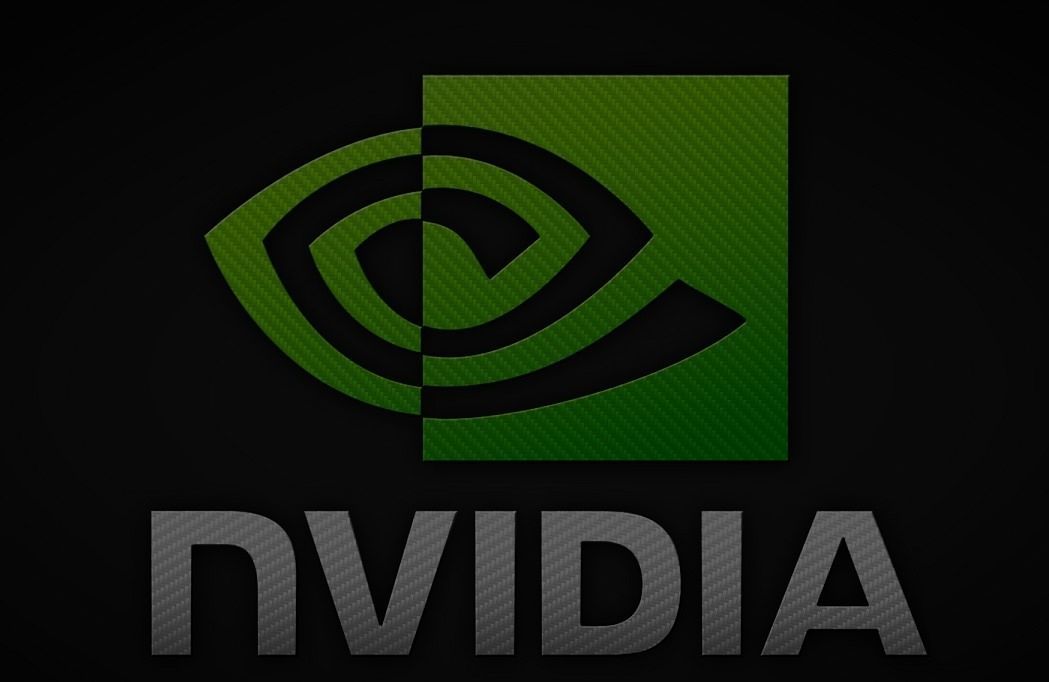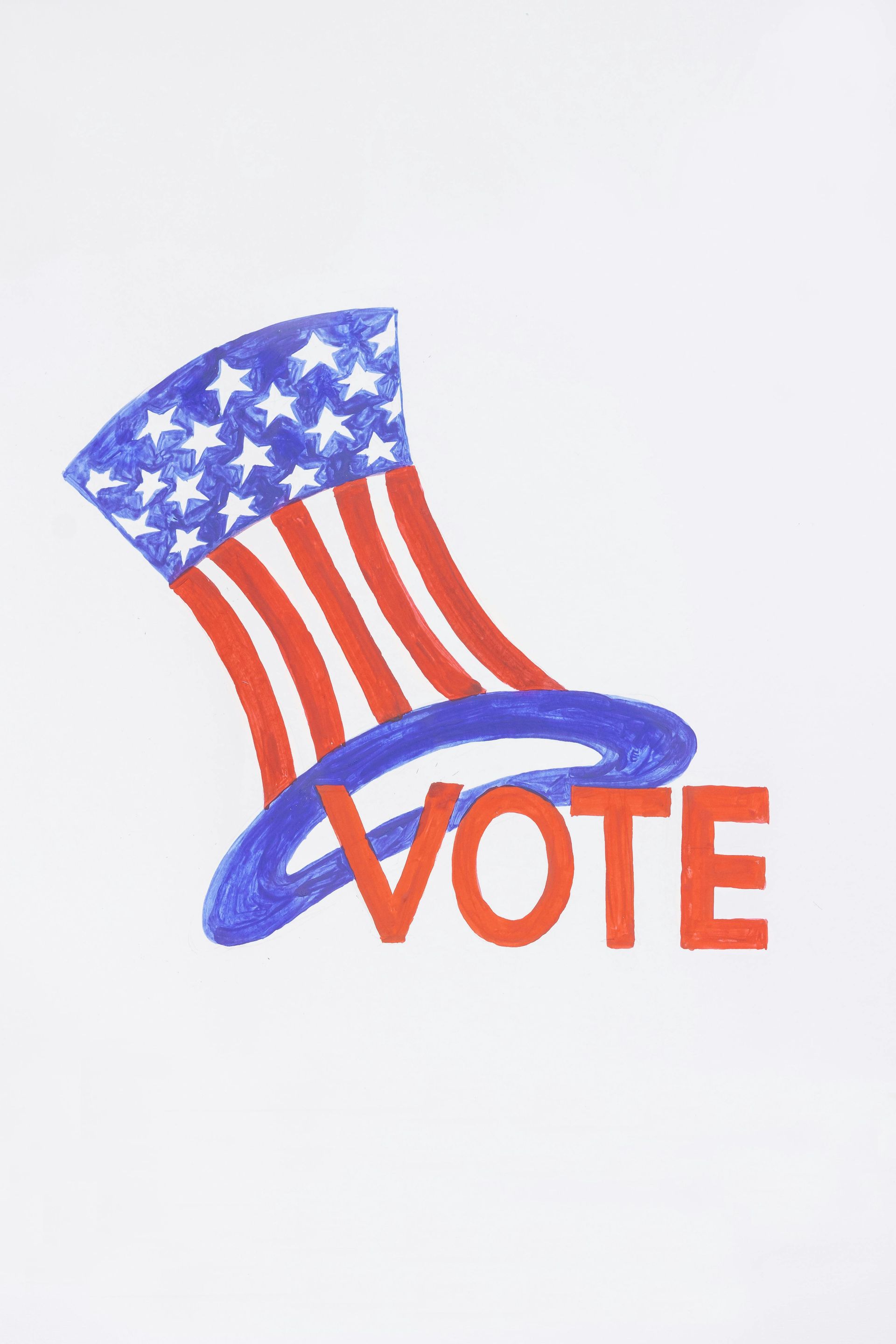Don't look up (or down)
An economic review of the 20th and 21st centuries
Introduction
I’ve been promising this analysis for a while; a look at the evolution of where we in the West are economically and where we seem to be going.
But it is not, generally, going to be an astrological analysis, although some of the underlying philosophy reflects astrology. It will occasionally, however, refer to the wider astrological cycles of the periods discussed.
It isn’t a technical economic analysis either, though it will touch on some fundamental economic assumptions.
If anything it is just an objective view on the inevitability of our direction.
Where we are
Reading the financial, and even non-financial, press at the moment isn’t very joyous. Even aside from the situation in Ukraine there are economic problems everywhere. The cost of living is soaring and interest rate rises are increasingly necessary due to inflation. Even many markets have suffered (frankly, much needed) pull backs in the first half of the year.
But the interesting thing about reading the media discussions is how little they seem to appreciate the bigger picture. The questions on the markets are always framed as “have we reached the bottom?”, talks of inflation still refer to whether it is “transitory” and cost of living problems are associated with whatever the current government policy is, as if a new government tomorrow could suddenly reverse course and change everything.
In my view this is all misguided. We are not at a point where we can recreate the good times prior to 2019 or even 2007 or indeed any other favorable moment that you may care to conjure up.
In 2002 and 2009 after the last 2 big market crises, people talked about a return to normal. They didn’t mean that though; of course they didn’t. What they meant was a return to the trajectories that predated 2000 and 2007. But those trajectories weren’t normal at all. They were fake, comprising overcapacity, overstatements, over-leverage and over-consumption.
No-one truly wishes to conceive of a return to the real normal, as that would acknowledge that all the growth, all the so called wealth, was borrowed. Borrowed from the future.
We are sometimes reminded that the future is the product of the decisions we make today and hereafter. This does indeed sound upbeat and full of opportunity. But the concept is also founded on the fact that where we are today is the product of all our yesterdays; decisions in the past have already closed down myriad options that were once available to us. Or in simple terms: if we want to get to X, we wouldn’t advise starting from here.
The future is already set
Even without Russia, Covid and the QE and low interest rates of the last decade we would have a problem. The wealth has already been borrowed. Or more accurately, stolen.
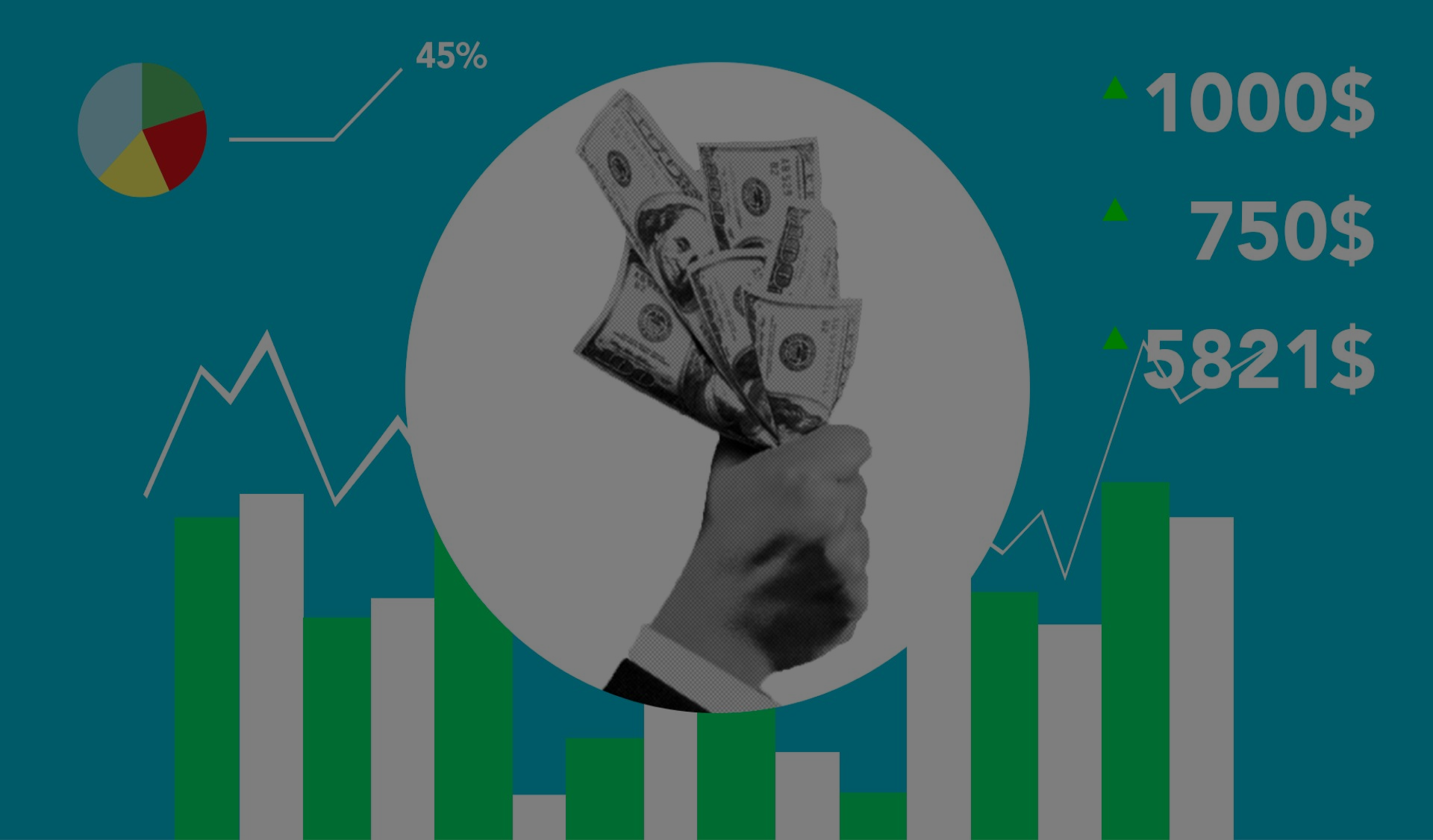
A capital perspective
Stolen from future generations, you say?
No. That’s the other simplistic misrepresentation. Inheritance secures the futures of the next generation. By and large, the wealth has been stolen from the futures of the already poor to give to the descendants of the already wealthy
That’s an exaggeration you say. How could that happen? Surely everyone is better off in our fairy dairy capitalist lands?
Is that my sarcasm? Surely I just? We all know that Capitalism is the one and only true god.
Certainly that seems to have been the religion on which the US and indeed much of the developed and developing work has based their whole society.
“Communism doesn’t work” Or more specifically “The human race is essentially greedy and needs to be incentivized, so communism will fail because some people will cheat and others will free load” is the mantra of the dedicated free market idealist.
You can’t argue with can you?
No, you can’t. And I don’t.
Except that extrapolating the latter statement to Capitalism doesn’t give a better picture at all. Indeed, one is minded of a mafia godfather. It is immediately apparent that, if the statement holds true, unregulated free market capitalism is going to be an unmitigated disaster too and will ultimately result in anarchy and/or a return to serfdom: either way the bodies will pile up.
Obviously if you are a beneficiary of unregulated capitalism ( because you or your ancestors have exploited, stolen and quite possibly killed) you aren’t going to put your hand up and point out this little snag in the logic. But the fact that western society as a whole doesn’t home in on this amazes me. The fact that in the USA both major parties buy into the free market is so great argument and in fact only argue about trivialities is a source of lifetime fascination for me. (Every cloud…)
Furthermore most people don’t actually understand the realities of a truly free market. If it really existed there would not be a great deal of capital accumulated. In reality capital accumulates because
· certain resources, land and networks are limited
· resources are owned or controlled by a limited number of people
· wealth can be passed down through generations and is not earned by the individual
· information is asymmetric and is not free (e.g. intellectual property rights exist)
· demographics are not constant
I’m not expressing a view over whether any of the above should or should not exist. Some of them are fixed in time and space and we are stuck with what we have. Furthermore zero capital is likely to lead to zero progress. But we should never pretend that any of them are compatible with pure free markets. Or that the capital accumulation we see is in any way fair or a reflection of hard work or that lack of it is due to lack of commitment.
So with that in mind, let’s return to our analysis and see where the Capitalism and free market is all great thinking has got us over the last 70 odd years
I will focus on UK and or US although much of what is written can be extrapolated to the whole developed world with some slight differences in timescales.

History Part I: 1950s to early 1970s
Readers will know that I consider much of the 20/21stth century until now to be, astrologically, a reflection of the Pluto Neptune sextile ( and thus embedded in the Pluto Neptune cycle that started in the 1890s).
The 1950s and 60s were the start of that sextile and for the most part things were booming.
However we must not forget that the reality then was that food formed a large part of most family budgets, many clothes were still being home-made. Eating out was a luxury, foreign holidays even more so, and the new technological items of the period (white goods such as fridges, TVs etc) were considered major outlays. Cars were only just becoming ubiquitous. Company directors were rewarded but not excessively and unions ensured that workers at least kept pace with growth. Debt was generally considered a bad thing personally and at country level. Life was broadly good and there was opportunity ( though today’s young would probably consider it all hardship!).
If you had extrapolated to 2020 you would not have imagined things as they are today.
Astrologically, though, there were big changes to come with the Pluto Uranus conjunction of the mid 60s and this was reflected particularly in technology with old industries starting to die or become more efficient but the full impact would not be felt for some time.
The mid to late 1970s were tougher due to the energy crisis and inflation but essentially they were just a continuation of the above. In fact, if anything this was a time when the overall gap between rich and poor narrowed, even though superficially it was a time of great difficulty for some groups of the working classes as they adjusted to changes ( for example, the coal industry in the UK)
However, the energy crisis accelerated changes that started in the 60s, with efficiencies and offshoring of industrial labour starting to take place and competition for the US and UK from places such as Japan becoming more important. This was considered “good” because it kept wages down and consumption up.
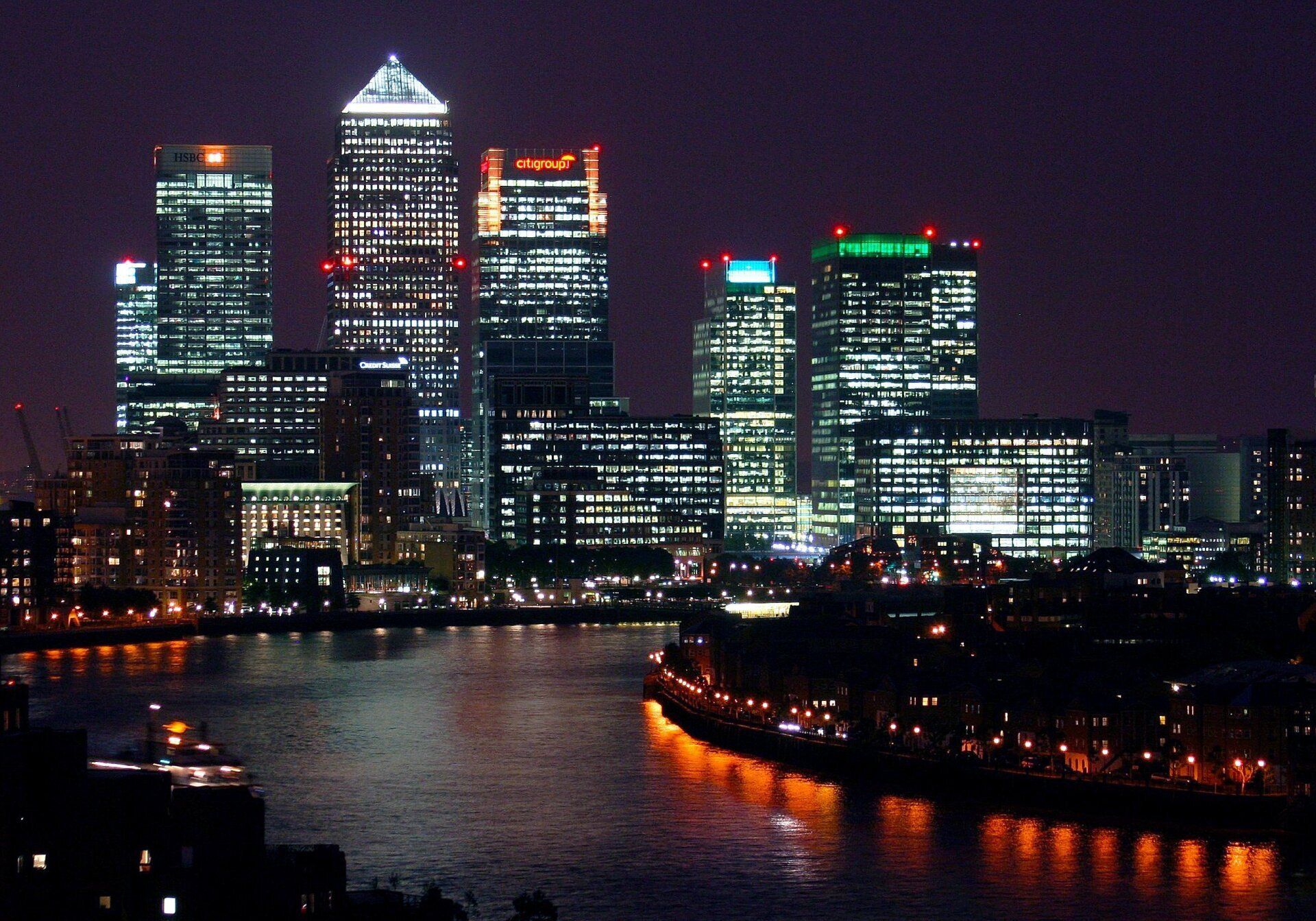
History Part II- 1980S and 90s
It wasn’t until the 1980s that things began to really shift with an increase in ease of transportation and speeds of data processing, other efficiencies created by the technological changes of the previous decades.
More importantly though, this was accompanied a move towards greater monetary expansion. After the Pluto Saturn Jupiter conjunction of 1981 credit began to increase at government, private and corporate levels.
As a result there was more funding available for the major changes and globalisation which started in the 1960s to became bigger but more importantly as it became more well organised it became cheaper. Consolidation accelerated with a glut of takeovers. In the UK the “big bang” in financial services enabled changes to speed up even further.
Yet in the US in the 1980s there was also the savings and loan crash. Though major at the time, it seems a distant memory now. However, it was responsible for setting some precedents- namely the bail outs of banks. Setting central banks on a liquidity road from which there would be no return.
There was a brief hiatus in some countries around 1988-9 when the Saturn conjunct Uranus and Neptune created the conditions for a recession and in the UK a house price crash that impacted the whole economy. In Japan it punctured the massive market bubble. There were also some notable financial scandals such as Polly Peck and GM-Distillers, BCCI and the Mirror Group/Maxwell.
However the impact of these was soon to fade into the background when confronted with the after effects of the Neptune-Uranus conjunction.
The latter coincided with a number of matters. First the internet, but also an acceleration in globalisation that was not just manufacturing but impacted logistics, administration and back office functions as well as opening new supply markets such as China. It also revolutionised media itself, something that would have serious consequences further down the line.
There were other more subtle factors at work too. At the same time compensation started to become disproportionate for CEOs and founders as large company sizes were alleged to justify it. An industry started to be set up around recruitment and compensation that would benefit from pushing up values. But even so at that point there was still some sort of moderation. However the environment was being set for the future.
So, after a sort of sticky start the 1990s, with the beginning of interest rate cuts, by the FED for example, became a boom decade. Yet these rate decisions were creating the seeds of an addiction. This was definitely not the free market at work. But people are precisely what the communism critics say they are, greedy and incentivized. When you are making money, even when it is on the back of a centrally manipulated illusion, you don’t turn the benefits down.
No-one can forget the 1996 reference of Greenspan to “ irrational exuberance” as we saw major sextiles between Pluto, Uranus and Saturn as well as Neptune and Saturn. He no doubt thought it was nearly all over. But with his earlier decisions laying the groundwork, it had only just begun.
The problem is that Neptune is the planet of delusion and after its conjunction with Uranus it was now blinding everyone not just to the realities of the internet and the markets but also to the insidious changes that were happening at grass roots level. Cheap clothes and technology good as well as ubiquitous communications and travel were becoming the norm but people could only see the upsides not the potential future problems.
Similarly as credit prices (interest rates) dropped, growth appeared to be improving, when in fact it was just being “borrowed”. Furthermore as all boats appeared to rise, the fact that there were shifts in favour of the bigger boats was less noticeable.
At the same time Private equity and “hedge funds” were growing in importance. The purpose of these was to maintain higher returns (as interest rates fell) for investors ( both individuals and institutional) who had become hooked. Or worse: institutions whose whole business model for pensions and insurance was predicated and marketed on the basis of unrealistic returns. The fee structures were extraordinary, pushing up salaries for the whole financial and professional ( banking/lawyers/board execs) sectors. Vast CEO and board salaries were seen as aspirational, rather than aberrational. Don’t forget that capitalism says you have to keep incentivising……
Nothing better reflects the illusion mixed with invention that characterised the financial services in those Neptune and Uranus conjunction years.
Unfortunately, it was like a long epilogue where the scene is being set but no-one has any idea of the story to follow.
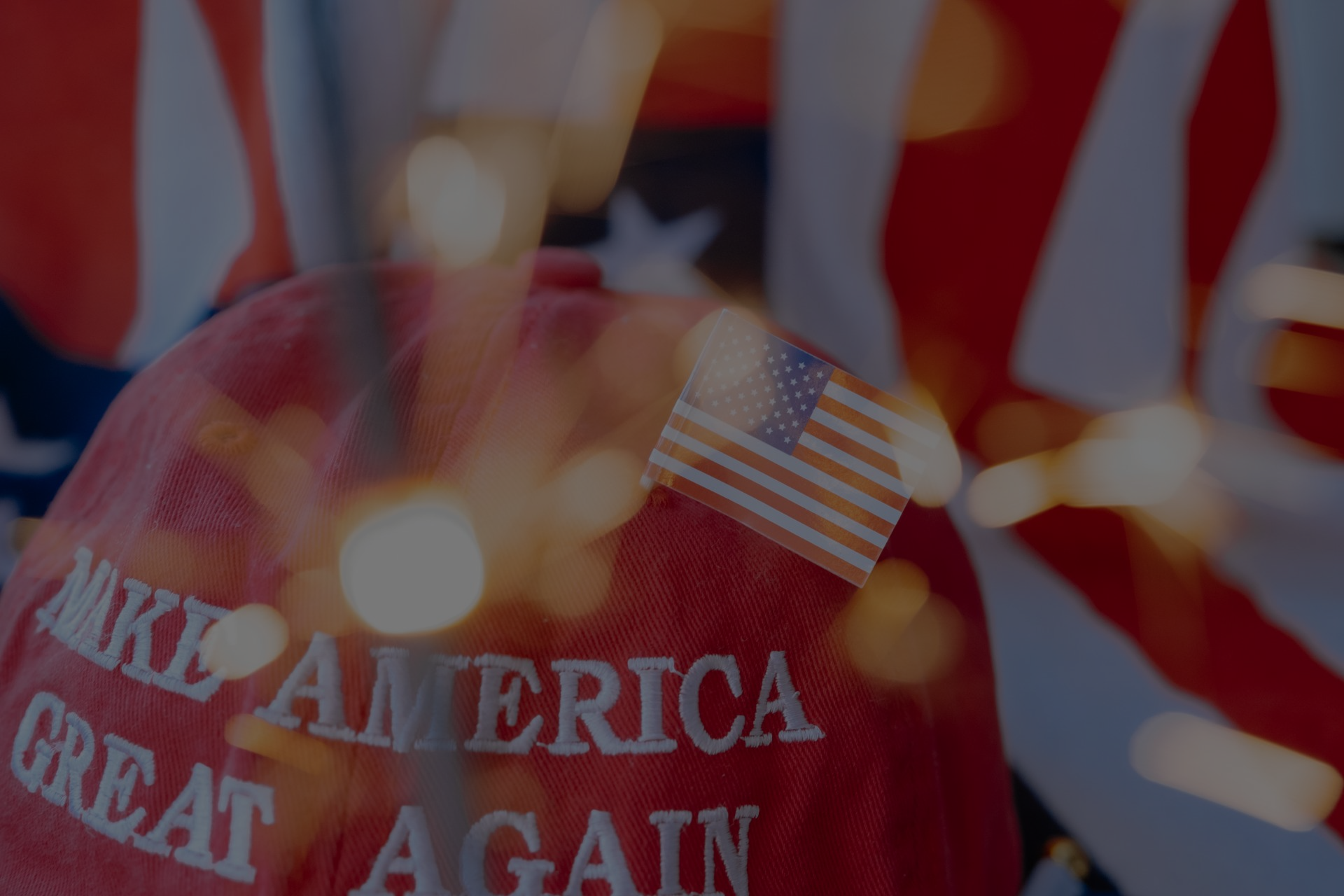
History Part III – The 21st Century , two decades of excess liquidity
Although the tech bubble burst of 2000, when Saturn was square Neptune and Uranus, and the events of 2001 when Pluto opposed Saturn, seemed to bring the euphoria to an end, that was just another temporary blip. Saturn, after all, is fast moving, it can bring medium term shocks but it doesn’t deeply impact trends.
Radical interest rate falls especially in the US in response to 9/11 just upped the game stakes in the longer term.
So, again, it seemed that all boats were rising with the tide. But this masked the reality. In the background low paid jobs, remained low paid; more jobs were outsourced or lost to global competition, in the name of economic efficiency. Of course losing out to global competition in the US is just deemed as failure, part of the natural result of the capitalism god’s capriciousness. “Tough shit, loser”. Maybe when you worshipped you didn’t pray hard enough.
Things were slightly different in the UK the public sector was taking up the slack as more debt was created but the effect was the same, still masking the real picture.
The extent of the delusions were extraordinary. I saw a graph in 2003 that showed total global derivatives. A line for assets and a line liabilities. Derivatives are contracts. In each the value of the asset equals the liability of the other party. Not in this graph they didn’t. The asset line was way higher than the liability one. The future was laid out there in that graph, I just needed to consult the astrology to see exactly when it would unravel.
Yet when the Global financial crisis of 2007-9 hit ( Saturn opposed Neptune then Uranus), it was a huge shock to the majority. Nevertheless denial still reigned.
And, too be fair, those deniers were right for we were about to see the biggest, most Neptunian creation of all. A positive leviathan in fact.
Rate drops and QE created a completely false economy in 2010-14 during the cardinal square as Pluto was square Uranus. This was the time when we really should have embraced recession but instead we tried to keep plates spinning and even add more plates.
But despite all that the illusion was beginning to slip by then. Subtly. And in misguided ways. But as a result we have seen the consequences in the change in politics over the last decade.
The rise of Trump (and Brexit in the UK) was a direct consequence of the progression we have discussed.
· People have noticed that their jobs have disappeared or are not being rewarded.
· They see the distribution of wealth shifting away from them and lack of opportunity for their children
· They have been disillusioned by a mainstream media that fails to analyse and parrots the corporate or government press releases
· They think that it is social policy and managed state that is causing the problems including the central bank
· Ironically, given that they believe in free markets and every one for themselves, they want someone to help them
They are right to question the status quo. But most do not understand the processes that have got us here. Many see free market capitalism as the answer when in fact it is the source of many of their problems. They aren’t wrong about central bank intervention but fail to understand that without it they would have had to face the music far earlier. Their justified cynicism about mainstream media makes them easy targets for those who wish to capitalise (pun intended) through alternative media where there are no controls at all and where they are prey to misdirection or even outright scams.
But worst of all is that it is probably too late.

Back in the Present
The contrast between lifestyles in the 1960s and those in the 2010s could not be greater. Food has been a small fraction of income spent and indeed if we were to ignore the shift to meals out/takeaways we would see how big an impact that is. Clothing and white goods are an even smaller chunk of income. Tech is mostly cheap if you accept lower priced options over brands and travel is almost an essential. Because of this, most low paid staff have survived the relative erosion of their income well until very recently.
Then came the 2020-21 pandemic as Pluto, Saturn and Jupiter conjoined in Capricorn, and while creating its own sense of doom in some ways it allowed our delusion to continue a little longer- it has certainly allowed governments to lay the blame for economic problems anywhere other than on their own shoulders or that of successive governments’ economic policies, for the time being.
But the truth is that the last 50 years have seen an unprecedented transfer and consolidation of wealth and opportunity for a few, while the rest have survived because of the “benefits” of globalisation, technology, easy credit and falling rates.
You would expect that we would have to pay the piper at some point.
And indeed, in 2022 we see those benefits flat-lining at best and starting to reverse in many cases, but not gradually either, dramatic price increases are blowing a hole in the economic fantasies that decades of governments have relied upon.
Sadly, I believe this is only the beginning. But more disturbing is the fact the 2022 is not a particularly bad year astrologically. Just wait till 2025 and beyond.
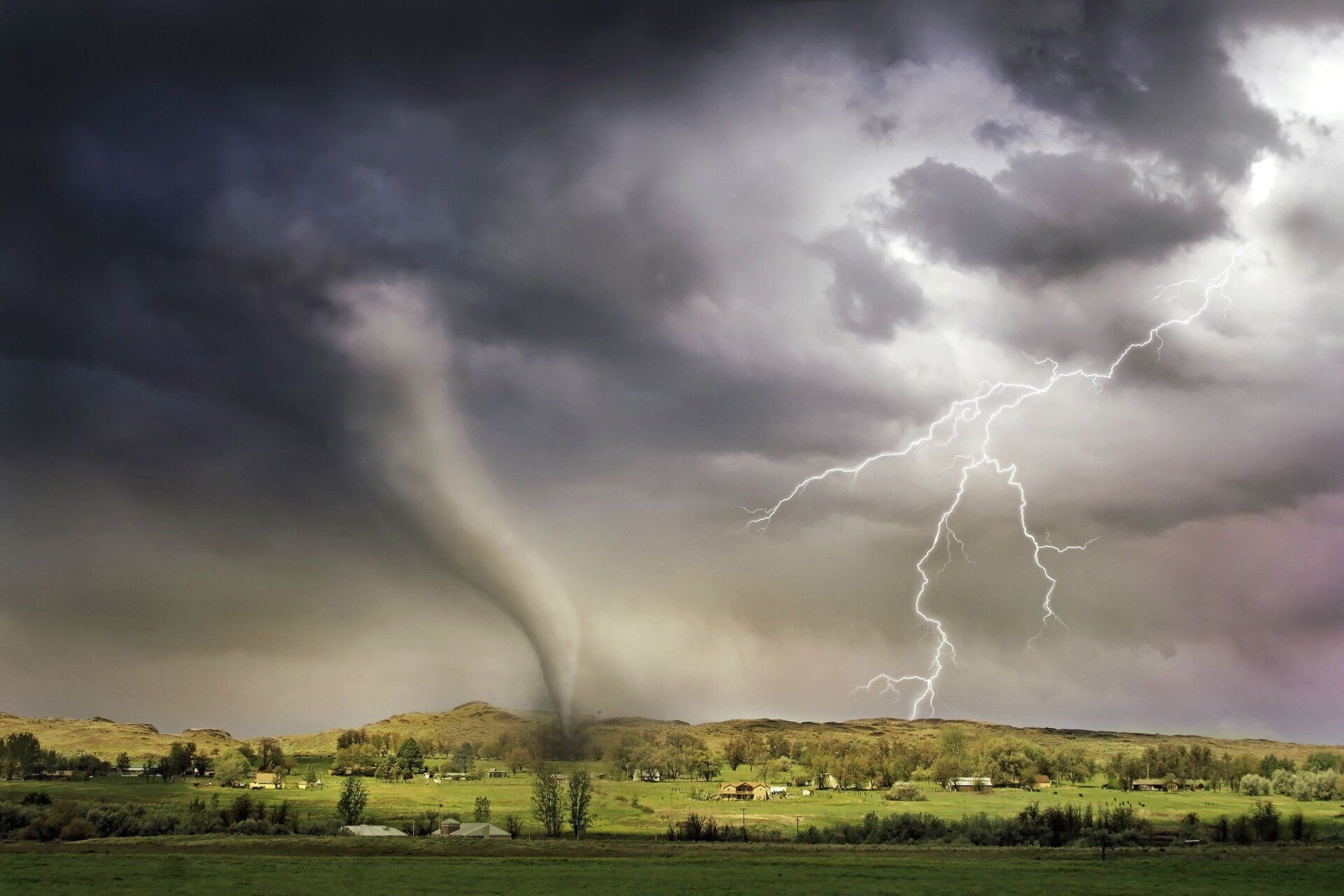
Where we are going
As I have mentioned many times before we are moving towards a scenario most of us will not have experienced in our lifetimes. Pluto not in sextile to Neptune after 2032. And eventually, by 2060, Pluto in square to Neptune.
All the foundations that the second half of the 20th century and early 21st century are built on are going to be challenged.
That’s debt (and thus financial assets), rising share prices and real estate rents/values, oil and gas power, rising GDP, increasing consumption, global trade. Social security systems will be threatened, making the poor even poorer. Even things we take for granted such as water and clean air.
What will remain? Technology changes won’t be reversed ( though income from the related businesses is likely to be). The shift in distribution of wealth towards more polarisation won’t reverse either although there may be effects across the spectrum. Risks that were born in the 20th century will remain too; nuclear, bioterrorism, changes to weather patterns.
On a more positive note, I expect that the illusions will be laid bare. Illusions of monetary policy. Illusions of media morality and above all the illusion that unfettered capitalism trickles down to the masses.
But I am not optimistic. I see that the government and corporate response to the problems is at best, to cleave to the status quo or adopt ineffective short term solutions and, at worst, to evade action at all with a deluge of lies and a refuge in blame culture and to continue to feed the monster with more currency expansion.
I have already touched, elsewhere, on the astrology of the next decade, but I will briefly cover it here too for completeness.
The final sextile of Pluto and Neptune lasts from 2028-32 until then it is broadly applying. In 2028 the positives of the sextile are rather offset by a Saturn Pluto square and by 2032 Saturn is conjunct Uranus. In between we are likely to see the last of the good times.
But before 2028 we have the following positive or at least stabilising influences to look forward to.
2025 Saturn sextile Uranus ( a closing final sextile of the c1989 cycle)
2025-7 Neptune sextile Uranus ( the opening sextile of the cycle which started in the early 1990s)
It isn’t hard to imagine that issues linked to that time will likely be reactivated then : the internet, rates, the old USSR, etc etc. Although there are two sextiles and notably an opening sextile between Neptune and Uranus which is likely to involve opportunity, the whole thing is severely dampened by the 2026 Saturn conjunction with Neptune ( the end of a cycle starting in c1989) So not unalloyed delight but not collapse either- a shake out is likely.
2026 also sees a Saturn sextile Pluto ( the first sextile post 2020). Bearing in mind the Neptune Pluto sextile this is likely to be a moderating influence.
But in 2026 we also see beginning of a Uranus Pluto trine ( the outgoing trine of the 1966 conjunction which follows the 2012 square). This is the last chance saloon for monetary policy, some technologies and many of the trends we’ve talked about today. It should see us through the period to 2028 when the Saturn Pluto square kicks in.
But it is after 2032 that we need to be really concerned. There is very little positive throughout the 2030s and the period ends with a Uranus Neptune square. The repercussions from any mistakes in the early 1990s really hit the fan then. Expect internet problems to dominate and honestly a lot of waking up will be done.
The 2040s start as the 30s ended and continue without much in the way of positives again. 2046-8 is particularly ugly as Uranus opposes Pluto. The events that weren’t faced in 2010-14 will have to be confronted now. An we know that was peak QE everywhere.
The early 2050s do have a little speck of brightness as Uranus reaches its opening trine to Neptune though this will be somewhat dampened by another Saturn Pluto conjunction. It is all a bit relentless I am afraid. And by the late 50s we are closing in on that Neptune Pluto square. I’ll be dead or very old by then anyway but I hope the younger generations are building their resilience, as they are likely to need it. Your serfdom awaits. Sorry.
Further reading:
Capital in the 21st century Thomas Piketty, Belnap/Havard University Press 2013.
For a more comprehensive concerned view of capitalism’s trends
The Lords of Easy Money: Christopher Leonard, Simon and Schuster 2022
For the impact of the Fed central bank and the never ending liquidity
Flat earth News: Nick Davies , Vintage 2009
For a look at how the media changed in the 1990s and 2000s from questioning to parroting
The Devil take the Hindmost: a history of financial speculation: Edward Chancellor, Macmillan 1999
For a historical perspective on financial greed and speculation and its consequences






